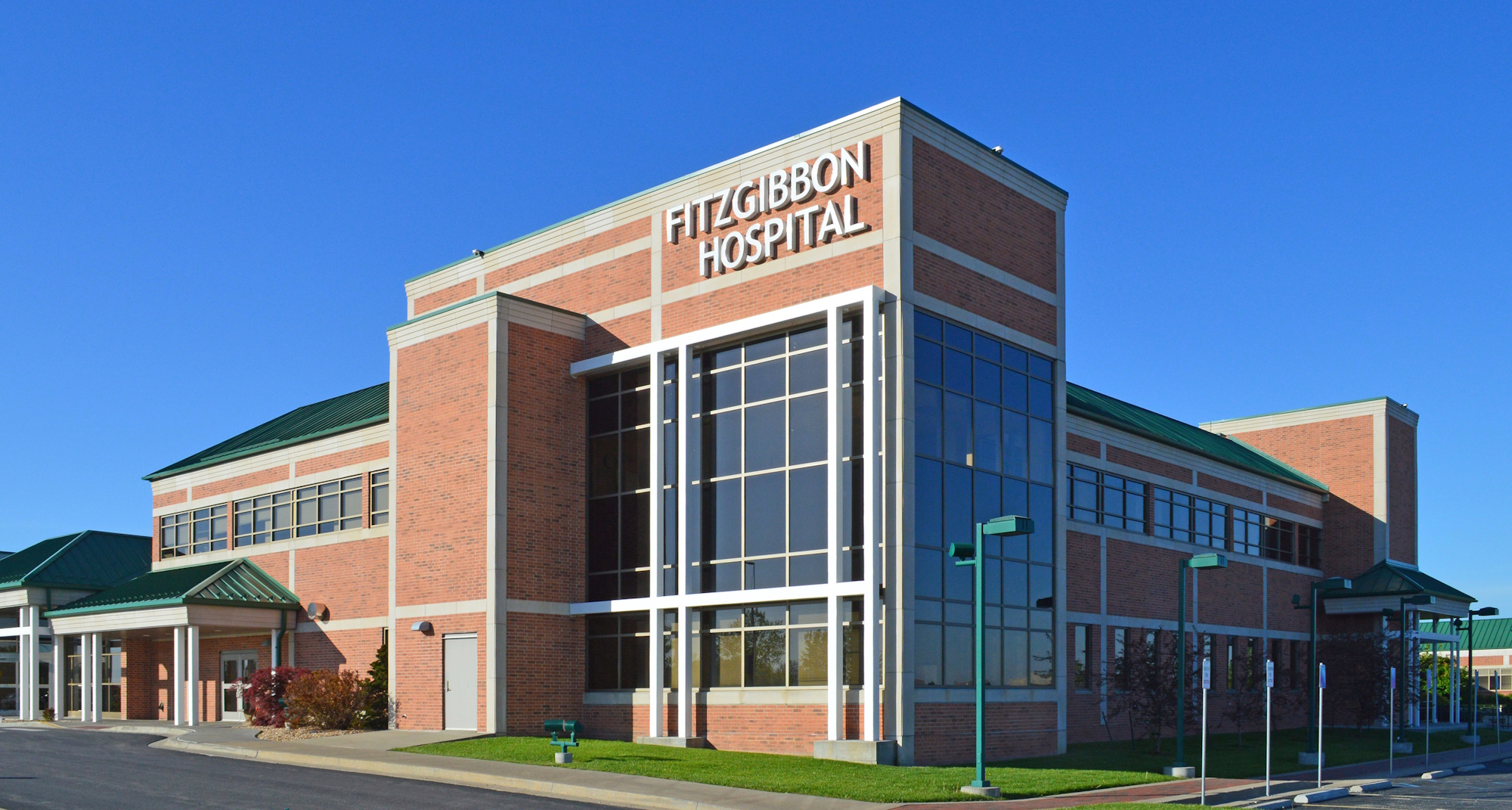The Living Center Nationally recognized for Reducing Anti-psychotic Use
March 15, 2018

The Living Center is leading the way in reducing the use of some types of medications and recently received recognition by the Missouri Local Area Network for Excellence (MoLANE) for their efforts. Nursing homes began to work diligently to lower use of antipsychotic medications after a partnership between stakeholders, including the Centers for Medicare & Medicaid Services, established national goals in 2012. These stakeholders formed local area networks to address these and other concerns.
Many nursing homes, like The Living Center in Marshall, had low rates of antipsychotic usage in the beginning and have maintained these low rates in their approach to caring for their residents.
“I am very proud of my nurse care team at The Living Center,” said Theresia Metz, Administrator for the 99-bed, not-for-profit long-term care facility. “Reducing medication use to manage dementia has been a deliberate goal for our residents. We provide education and advanced dementia training for our entire care team.”
In addition to ongoing staff training, The Living Center also works with the primary care providers for the residents. Nationally, the common treatment historically for dementia and behavior has been the use of medication, so providing education to caregivers and physicians is equally important.
“The care team at The Living Center has the education and tools to understand the communication behind the emotion in our residents, whether they are displaying sad or normally inappropriate behaviors, or possibly aggressive actions,” said Metz. “In the past, many long-term care facilities and hospitals used antipsychotic medications to sedate patients who demonstrate agitation due to their dementia or illness. But we are trying to keep our residents’ personalities alive so they can live vibrant and full lives rather than sleeping,” said Metz.
In the last quarter of 2011, almost one in four nursing home residents, nationwide, or 23.9 percent, received antipsychotic medication. Since then, the national prevalence of antipsychotic medication use to manage dementia has dropped to just 15.5 percent in the second quarter of 2017.
“As we work to deliver quality, compassionate care to our residents, we really work hard to treat them like a member of our own family. That means interacting with them, listening to them and being their friends in addition to their caregivers. That means helping them to be ‘present’ even when they may exhibit certain emotions that are challenging,” said Metz.


